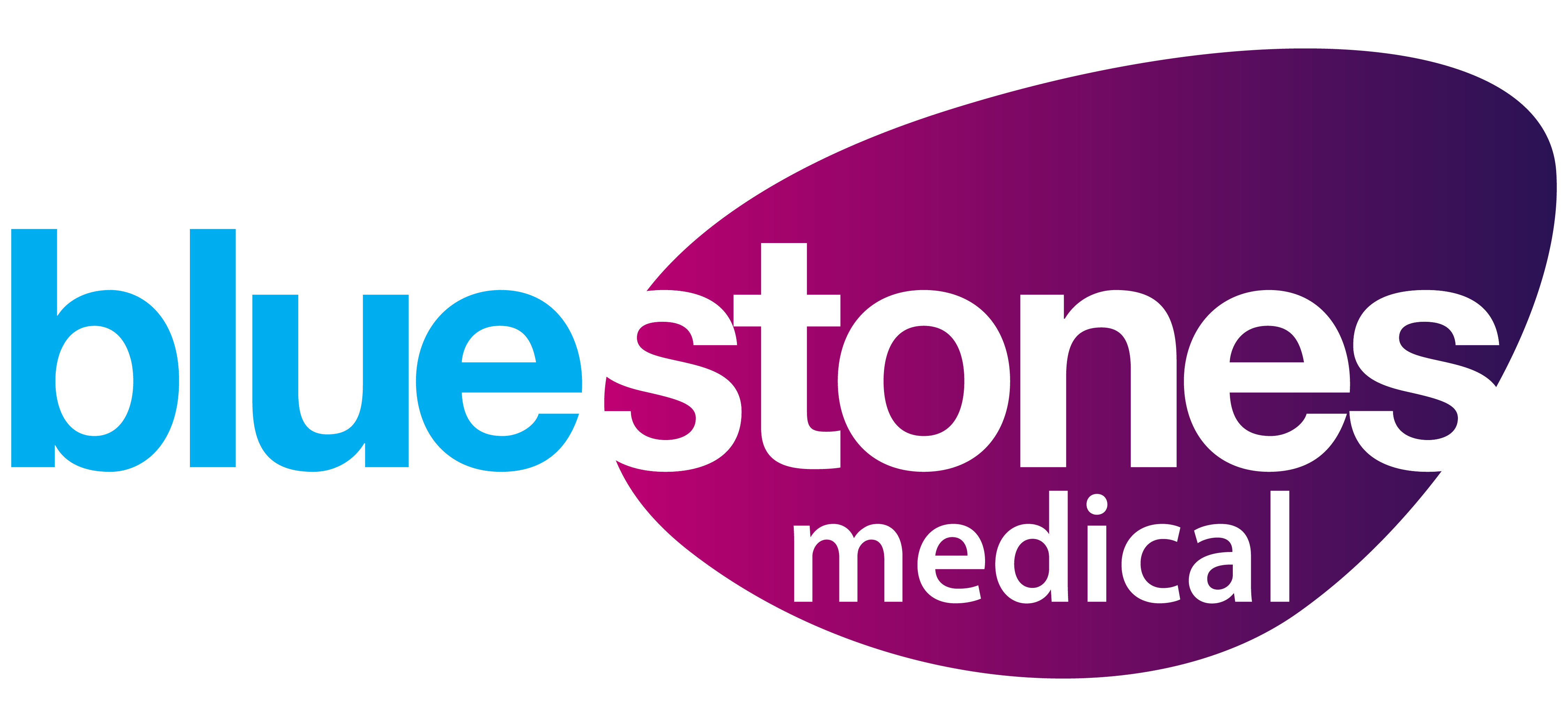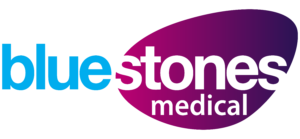Interviews can be a daunting experience for anyone. Going into a new environment and getting judged on your experience, knowledge and attitude in a short period of time can be tough to prepare for. You never truly know what you’ll be faced with and you can rarely be too prepared. But with our quickfire interview tips you’ll be better equipped to ace that next interview.
In the healthcare industry the likelihood is you may already have the experience or qualification for the role you’re applying for. However, there also may be other candidates with the same qualifications or experience as you. Often in this industry your nature, attitude and knowledge are the factors the employer is likely to consider when deciding between similar applicants. They’ll have already seen your CV, so at interview stage, they now want to see what you’re like personally, not just on paper.
Below are some interview tips to consider when going forward for any interview…
Research
Research the role’s responsibilities and the company as much as possible in advance. Not only so you’re well-prepared for the ‘what do you know about us as a company?’ question, but also to make sure it’s definitely the type of company you can see yourself working for. This shows the employer or hiring manager that you have a vested interest in them, and you’re not just trying to find any new role.
Clarify
Make your unique selling points very clear. Clarify throughout your answers why you’re the right person for the role and what skills you have that make you stand out from the other applicants.
Practice
Stand in front of a mirror, webcam or with a friend and practice answering some generic interview questions (see our list below for some sample questions you can prepare for). Build your confidence as much as possible prior to the interview so that you don’t come across as nervous and unsure- this can make an interviewer feel uneasy. You want to come across as natural, relaxed and conversational, as well as giving the right level of detail in your answers.
Question
Even if you feel the interviewer has been very informative try and ask at least one question following the interview. This reaffirms your interest and commitment to the role and company.
Remember, the interview isn’t just about selling your own skills but also making sure it’s going to be the right fit for you too, so make sure you think about the questions you need to ask and what you want to find out about the role, the working environment, the team you’ll be working in, and the day-to-day responsibilities of the position.
Use the STAR technique
The STAR technique is one that’s often used by hiring managers to understand more about a job applicant, so using the technique to structure your answers is definitely worthwhile. Following the structure also helps you deliver clear answers to the questions a hiring manager might be asking.
STAR itself is an acronym that stands for Situation, Task, Action, Result – and we’ve explained each of them below:
- Situation – As you’d naturally do in general conversation when talking to others, it’s a good idea to set the scene and describe a situation before attempting to explain the specifics further. This gives the hiring manager some background and context to what you’re about to tell them.
- Task – This relates to the specific task you were asked to explain. It’s a good idea here to focus more on what part of the task you faced as an individual, rather than the broader team; the interviewer is interested in hiring you after all, so you need to focus on what task or challenge you personally faced.
- Action – Possibly the most important part of the STAR technique, this is your opportunity to explain what you specifically did to the interviewer. Demonstrate what you did personally and showcase your competency or skill. Use plenty of detail and remember that your interviewer may not be familiar with the role you’ve undertaken, the hospital or health centre you’ve worked at, or the technical detail of the activity. Be sure to relate your answer back to the question you’ve been asked.
- Result – To complete your STAR response, make sure you finish with the result or outcome. What happened as a result of your actions?
The best STAR answers are free-flowing, conversational responses – so as we’ve stated earlier, practicing your answers beforehand means that when you get asked a question at interview that lends itself well to a STAR response then you can do so without having to recall the specific details of an event. You’ll have the information front-of-mind and ready to share with the interviewer because you’ve already rehearsed the answer before the interview.
20 sample interview questions to prepare for
- Tell me about yourself
- Tell me about a time where you had to deal with a difficult patient
- Tell me about a time where you had to work with a challenging colleague.
- What do you see as your main strengths?
- What do you see as your biggest weakness?
- What do you like most about working in healthcare/nursing/theatres, etc.?
- What do you dislike most about working in healthcare/nursing/theatres, etc.?
- How flexible are you with your working patterns and shifts?
- What was the working highlight of your last year?
- Are you doing any further training right now?
- What further training would you like to do?
- Where do you see yourself in 3 years time?
- Out of all the other applicants, why should we hire you?
- Why do you want this job?
- Why do you want to leave your current job?
- Tell me about the toughest decision you had to make in the last 12 months?
- Tell me about a time you disagreed with a manager’s decision. What did you do?
- How would other people describe you?
- What do you like to do outside of work?
- What questions do you have for me?





